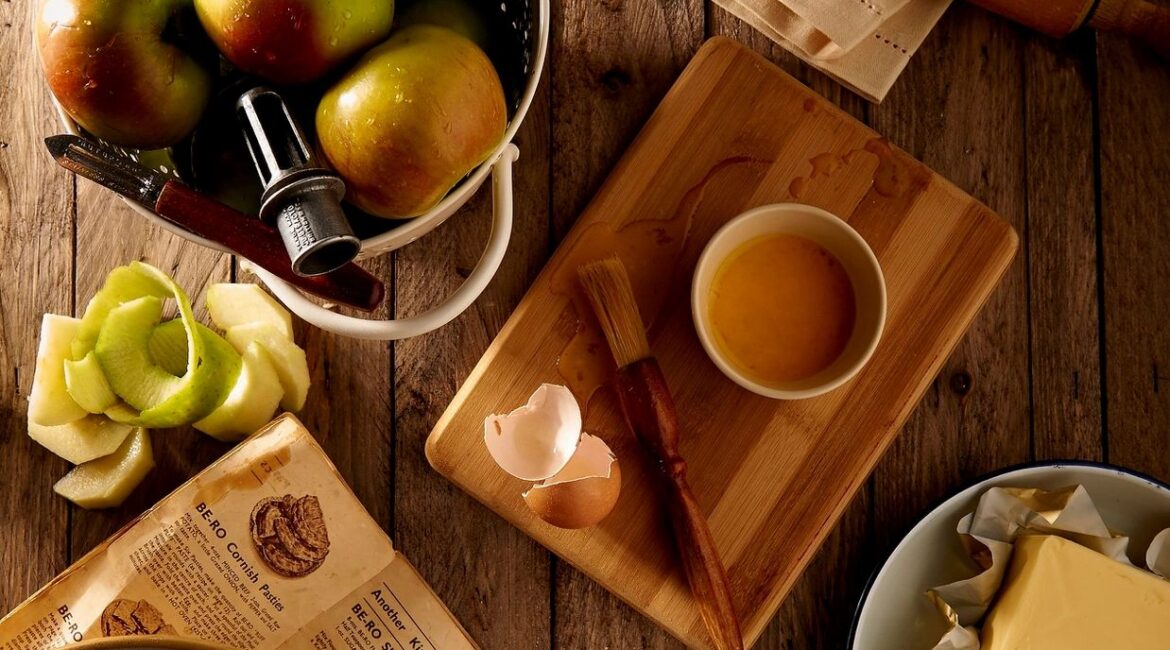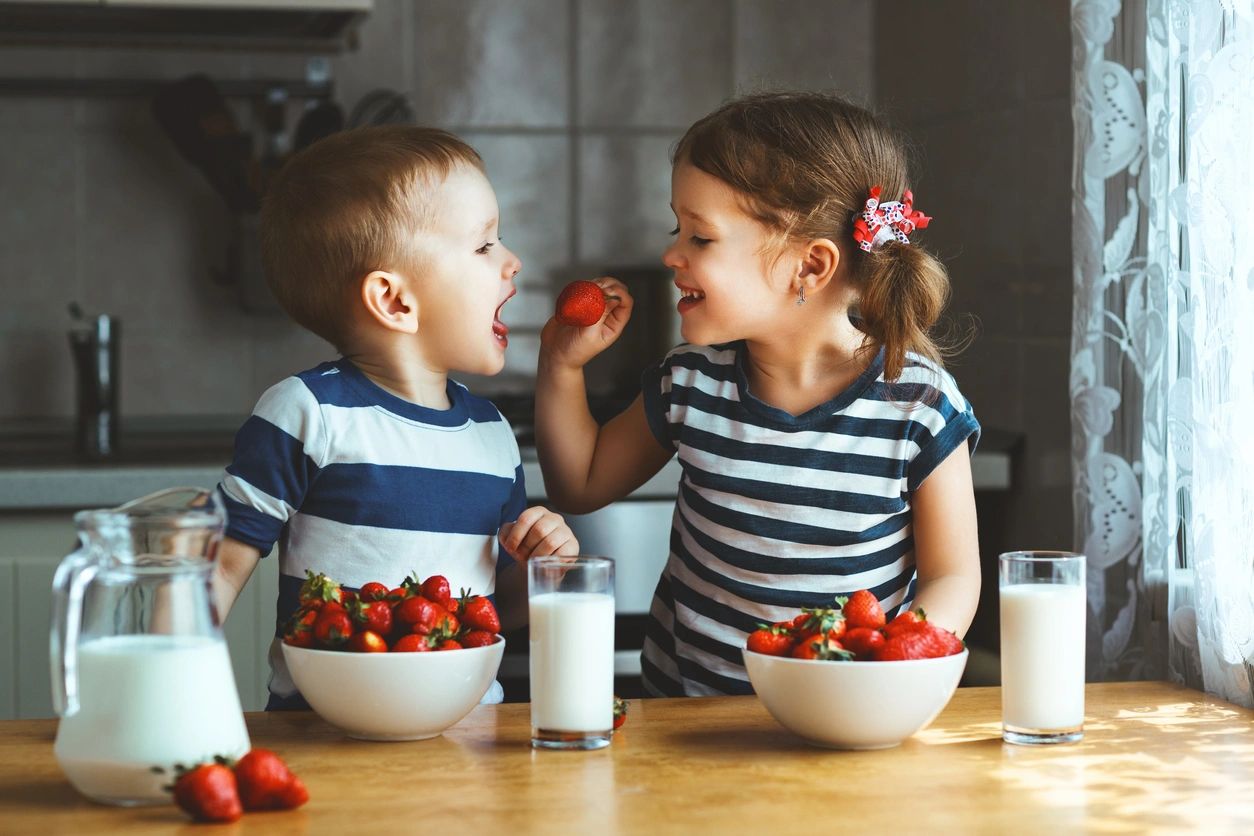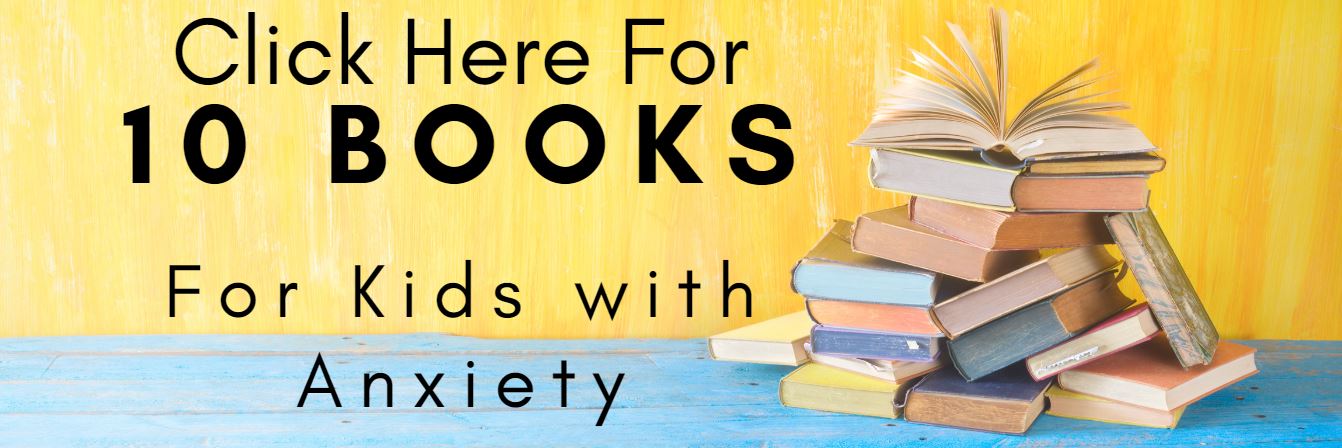Are there Anxiety Helping Foods for Children?
Anxiety problems like generalized anxiety disorder are very common illnesses in the United States. Many parents notice a connection between their child’s diet and symptoms of anxiety, depression, or other mental and behavioral health problems. But what does the research on nutrition and mental health tell us about how anxiety foods affect children’s mental health?
A study published in the American Journal of Public Health examined a dozen previous scientific studies on the subject to answer this question.
The 2014 study titled Relationship between Diet and Mental Health in Children and Adolescents: A Systematic Review found a significant association between unhealthy dietary patterns and mental health outcomes in children and adolescents across the reviewed research.
The conclusion supports what many parents already know: Food affects how children feel and behave. When children experience anxiety, looking at what they are eating, and making dietary changes, can improve anxiety symptoms. There are Anxiety Helping Foods and also diets and foods that make anxiety worse.
Foods to Avoid for Children with Anxiety
Some foods can promote anxiety symptoms directly, but anxiety has many causes beyond diet. A child with anxiety stemming from another source can also be helped by avoiding certain foods.
Most parents know how a big dose of refined sugar can wind-up their child into a whirlwind of stress hormones and activity. A sugar-high may also increase blood sugar and anxiety. Sugar is best avoided as much as possible if anxiety is a problem. Besides sugar, other foods which can alter children’s moods include:
- Caffeine, an ingredient in many soft drinks, energy drinks, and dark chocolate
- Artificial sugars like aspartame and sucralose
- High-fructose corn syrup, a concentrated form of sugar in many products
- Food dyes and preservatives added to prepared salad dressings, soups, candies, and many other foods
- MSG (mono-sodium glutamate) a flavor enhancer hiding in many packaged and prepared foods, including fast foods.
Systematically avoiding all of these potentially anxiety-triggering foods can be a challenge. Reading food labels is essential, although time-consuming. However, the benefits for reducing anxiety and other health concerns in children can be significant.
Anxiety Helping Foods for Children
One essential dietary practice is drinking plenty of water. Studies show that dehydration can easily cause or increase anxiety levels in children and adults. Children, especially those with developmental delays, sometimes do not recognize when they need to drink.
Boys and girls should consume between 7 and 10 cups of water a day, depending on weight, activity level, and other environmental factors. Staying hydrated has positive effects on anxiety.
Iced herbal teas (decaf), sparkling waters, or adding a few tablespoons of unsweetened fruit juice or a cup of crushed ice to a glass of water can increase the appeal of drinking water.
Chamomile tea may has a calming effect, according to a recent scientific study. Warm herbal tea also soothes the digestive system and relaxes the body. Hot and iced herbal teas are one way to encourage increased consumption of water, and many children enjoy herbal teas.
Fermented foods such as probiotic yogurt, kefir, tempeh, and miso improve gut microbiota, which affects mood and mental health.
Eggs are high in vitamin B12 and choline, and these nutrients are associated with improved mental functioning, mood, and having an anti anxiety effect.
Beef has a similar nutritional profile to eggs with high levels of important nutrients helpful for symptoms of anxiety.
Turkey contains tryptophan, an amino acid needed for the synthesis of serotonin, a brain chemical associated with relaxation.
Sesame seeds, flax seeds, oats, and soy foods are also high in tryptophan and omega-3 fatty acids, and may be an anxiety helping food.
Dr. Sean Paul, MD is a child psychiatrist who specializes in child and teen mental health.
Sources:
https://www.ncbi.nlm.nih.gov/pmc/articles/PMC4167107/?mod=article_inline
https://blog.brainbalancecenters.com/2014/06/kid-friendly-foods-ease-anxiety
https://pubmed.ncbi.nlm.nih.gov/19593179/
https://www.myfooddata.com/articles/high-tryptophan-foods.php



